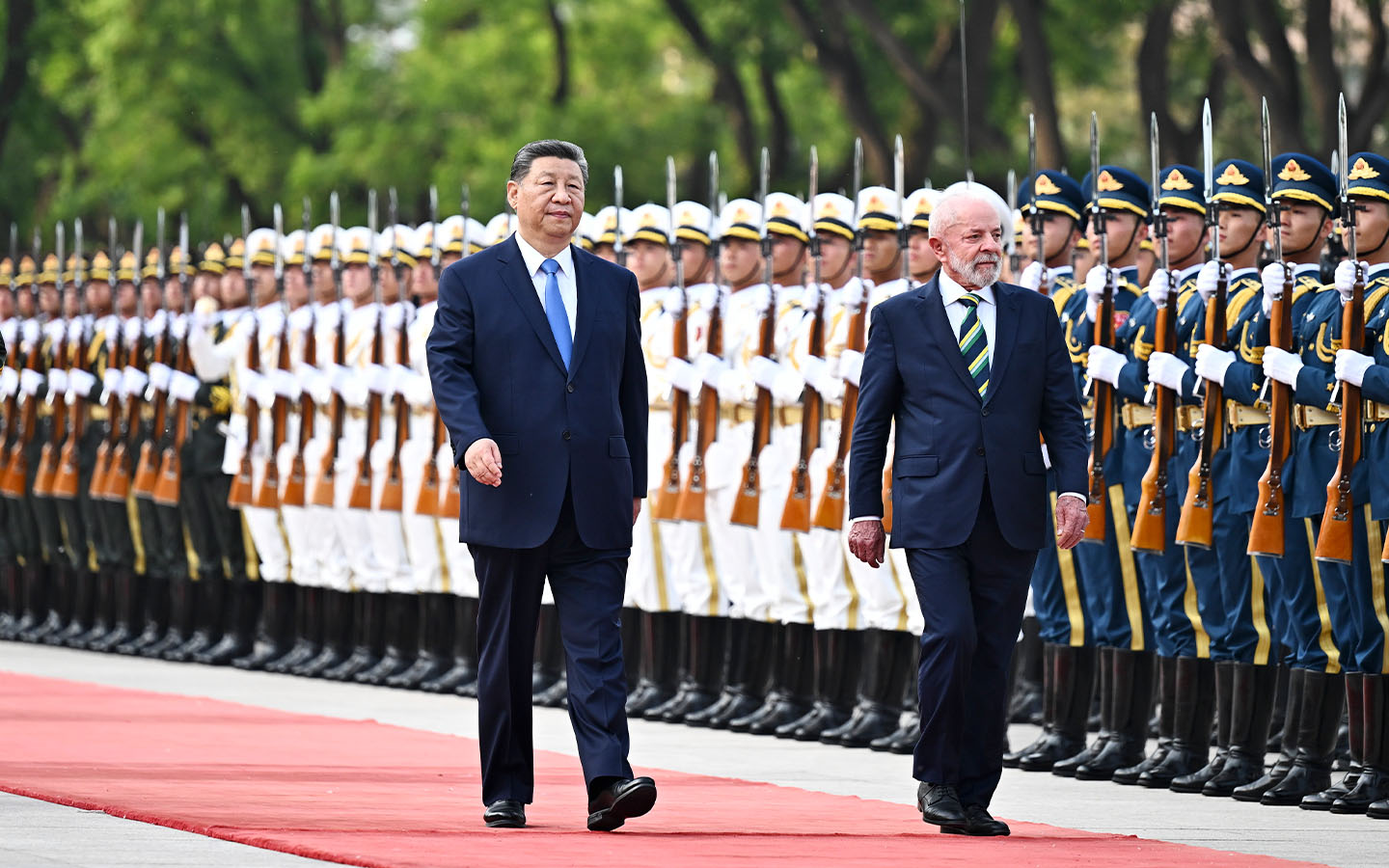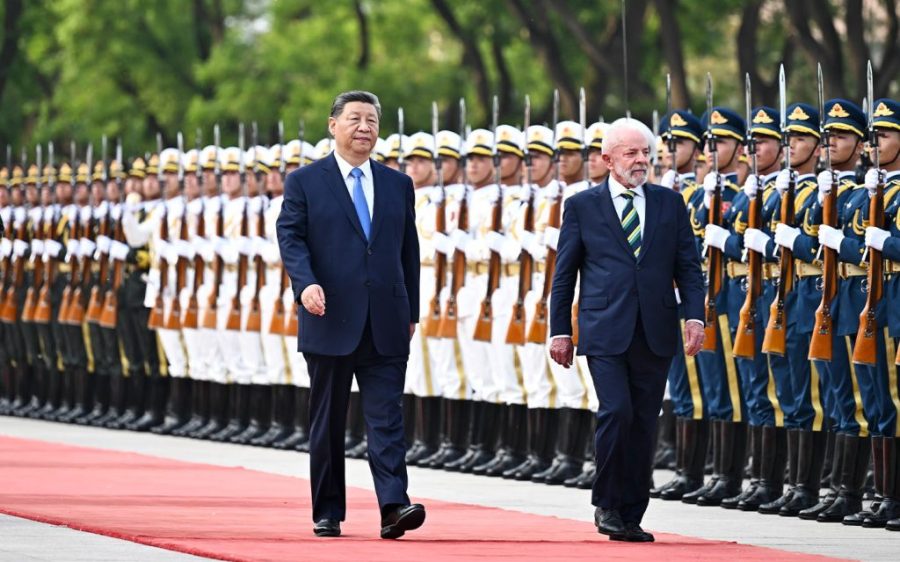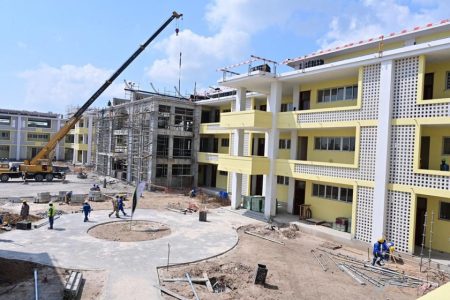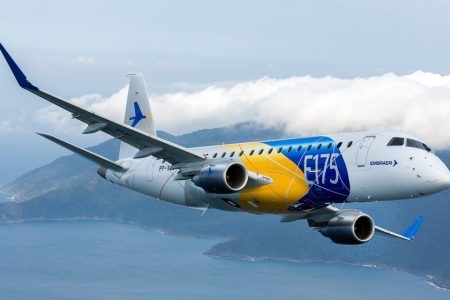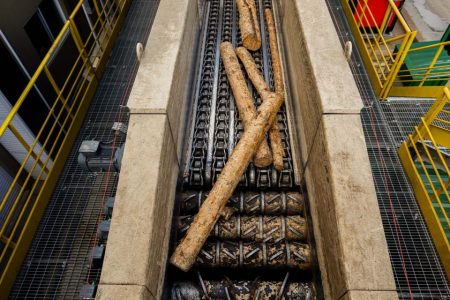Billions in new Chinese investment in Brazil have been pledged during a trip to Beijing by Brazilian President Luiz Inácio Lula da Silva, strengthening cooperation and reaffirming the two countries’ “indestructible” bond amid increasing global instability, according to multiple reports.
Speaking at the China-Brazil Business Forum in Beijing on Monday, President Lula announced 27 billion reais (US$4.81 billion) in new Chinese investment in Brazil, focused on infrastructure, technology and education. “China needs Brazil and Brazil needs China,” Lula told the audience in his speech. “And the two of us together can make the Global South respected worldwide like never before.”
The Brazilian president also recalled the many cooperative initiatives signed last November, when Chinese President Xi Jinping travelled to Brasilia. He cited the agreement between state-owned telecommunication company Telebras and Spacesail, which gave the Chinese satellite internet company its first overseas contract and Brazil a much-needed alternative to Elon Musk’s Starlink.
Lula also referenced a more recent agreement between state-owned Dataprev and Huawei to create the Virtual Center for Research and Development in Artificial Intelligence, which he believes “will prove vital for the development of applications in agriculture, health, public security, and mobility”.
He meanwhile discussed an infrastructure project that will bring the two countries closer together: the Bioceanic Corridor. The integrated rail link will span from Brazil’s Atlantic coast to the Pacific coast of Peru, shortening the distance between Brazil and China by approximately 10,000 kilometres. “It will be a fundamental undertaking for Brazilian logistics and one of the most transformative for guaranteeing food security in the world,” Lula said of the project, noting that it will “facilitate trade and bring more development to the interior of the South American continent.”
[See more: The US agrees to temporarily reduce tariffs on China, prompting Beijing to follow suit]
After signing a raft of agreements on Tuesday, Lula and Xi spoke to assembled press about the global uncertainty unleashed by US President Donald Trump. Xi, whose country has faced the steepest tariffs under Trump, told his Brazilian counterpart that they should firmly oppose unilateralism, protectionism and “acts of bullying.” Lula agreed and emphasised that the two countries’ relations have “never been more necessary.”
Xi’s state visit to Brasilia last year included a detour to Peru, where the Chinese president attended the inauguration of a new mega-port in Chancay. The US$3.5-billion deep-water port represents China’s largest South American investment to date, and the Pacific transport hub that the Bioceanic Corridor aims to exploit.
Planning Minister Simone Tebet and her team recently met with state-owned China Railway to discuss potential routes for linking the port to one in Brazil, with both sides agreeing on a southern route that would travel through the states of Acre and Tocantins to Bahia. There it will connect to the West-East Integration Railway (FIOL), a more than 1,500-kilometre-long railway that will link with Porto Sul, a Chinese-built port on the Atlantic coast.
While construction on FIOL is ongoing, and recently hit a snag, the expectation is that the Chinese will prepare and deliver a feasibility study for the new railway corridor in the coming months.
Chinese investment in the project, estimated at around 30 billion reais (US$5.3 billion), reflects the deep economic ties between the two countries – and a shared concern about the United States’ erratic, often aggressive actions around global trade. Washington’s bid to regain control of the Panama Canal has accelerated the need to invest in alternative routes, like the Bioceanic Corridor, while crippling US tariffs have opened the door for Brazil to ramp up trade with China.
